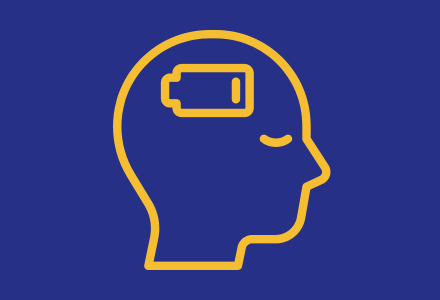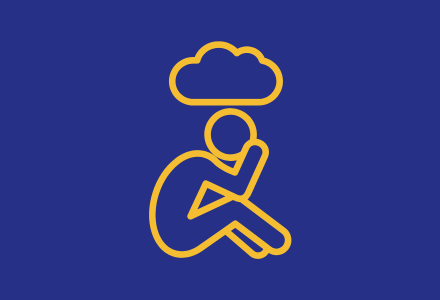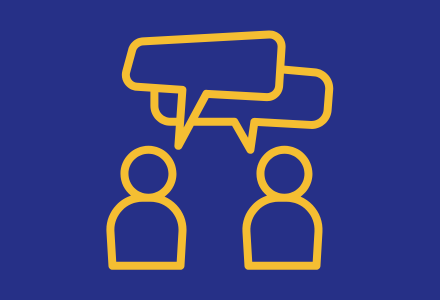Our Advice Centre is open today from 10:00am – 5:00pm
To view this resource as a flipbook and download as a PDF: Click here
If you find yourself in a crisis
Emergency services – If you are at immediate risk or harm, phone 999 and ask for an ambulance.
Papyrus – Phone 0800 068 4141
Childline – Phone 0800 11 11
Shout – Text ‘HANTS’ to 85258
![]()
Experiencing a mental health crisis
Information about what a mental health crisis is and what to do if you experience one.
What is a mental health crisis?
A mental health crisis happens when your support systems and coping mechanisms aren’t enough to help your situation and how you’re feeling. This could be something you recognise yourself, or it might be noticed by people around you, like family members or professionals. The crisis can be triggered by a number of things, like your situation getting worse, or your support system not helping you properly. Often, it is a combination of these things that lead to someone reaching crisis point.
Some people might experience a ‘breakdown’, which is described as the moment they reach that rock bottom point. While many people may think that a breakdown will always appear as uncontrollable crying, screaming and anger, they will be different for different people. Some may experience this, while others’ breakdowns might be less obvious and include them withdrawing engagement from things and the emotional part of their brain shutting off.
What does crisis point feel like?
As with everything, different people will feel different things when they reach crisis point. Things you might experience are:
– Crying and feelings of panic and anger
– Nausea and vomiting
– Feelings of hopelessness, despair
– Losing ability to concentrate, or brain fog
– Numbness, or lack of emotion
– Struggling to engage in school, work or relationships and having little interest in things you usually enjoy
– A lack of hope and care for yourself
– Thoughts about hurting yourself, or ending your life
Some people may recognise they are in crisis and get help, but others may not, or not know how to get help and be in crisis for longer.
If you feel you are in crisis, it is important that you get support as soon as you can. The longer it goes on, the more severe it may become.
What can I do if I experience a mental health crisis?

Talk to someone that can help
The best step towards getting help is by talking to someone that can support you through it and knows what to do. This could be a family member or friend that knows your situation, or it could be one of the helplines at the top of the page, which are all available 24/7.
 Try to make yourself safe
Try to make yourself safe
If you are experiencing suicidal thoughts and are thinking about ending your life right now, or you are thinking about harming yourself, if you can, remove anything from your environment that you could use. Or, try to get yourself somewhere where you feel safe and you can calm down or get help.
Remember, if you feel that you might try to end your own life or seriously harm yourself, call 999 straight away and ask for an ambulance.
 Senses and breathing
Senses and breathing
Try using the breathing technique later on in this booklet, which might help to calm you. Slow, steady breathing decreases our heart rate, helping to reduce anxious feelings and also allows more oxygen to get to our brain, helping us to think more clearly.
Changing our ‘touch’ sense can help, too. Some people find putting something cold on their wrists or holding ice can act as a panic block, while holding something soft like a blanket or teddy may help calm you.
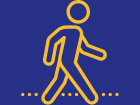 Movement
Movement
Believe it or not, something as simple as movement can actually help. Walking is a really good action to take, as when you go for a walk, it clears adrenaline, which activates your ‘fight or flight’ instinct and cortisol which is a hormone that forms part of your body’s stress response. Movement and exercise also increase blood flow and produce endorphins, a chemical that makes us feel happy and positive.
 Distractions
Distractions
Try doing something that will distract your mind from your thoughts. Little games, puzzles and activities that make you think, like sudoku or origami can be good as they can be quick to start and engage your mind in something other than how you’re feeling.
 Make your next action one for yourself
Make your next action one for yourself
If you’re struggling, you need to look after yourself. Doing what’s right for you first is really important. It might be taking yourself out of a situation, or, talking to or messaging someone, or stopping what you’re doing to look after yourself.
Taking the first step in prioritising your needs is the hardest, but it can get the ball rolling and may make it easier taking further actions.
Planning for a crisis
If you feel like there may be a point in the future where you reach crisis point, you might find it useful to do some things to prepare you to be able to cope with it better.
Make a self-soothe box
A box full of things and ideas distract yourself and keep you calm and safe can be really helpful. Put things in a box that will make you happy, like pictures of family and friends, or your favourite book. Try and include sensory things in the box to distract you, like headphones to listen to music, a special teddy or blanket to hold and something that smells nice and relaxes you.
Or, you could make your own little box with our template and write down on the slips some things that will help you. Click the link to download.
Download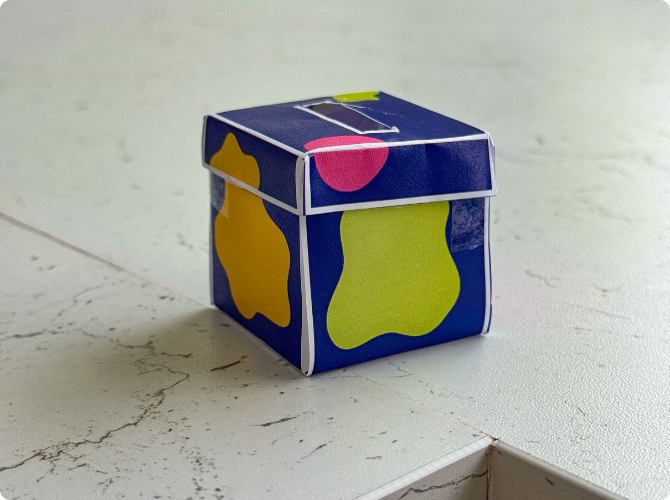
Safety plans
We have created three mental health safety plans, to help when you feel you are in crisis. There is one general mental health one, one specific to self-harm, and a helping hand, aimed at younger young people.
Each safety plan also signposts to crisis support services on the back, as well as useful apps to fight the urge to self-harm and plan for a mental health crisis.
If you want something that’s on your phone, try the Stay Alive app, which is available on the App Store and Google Play.
Our safety plans
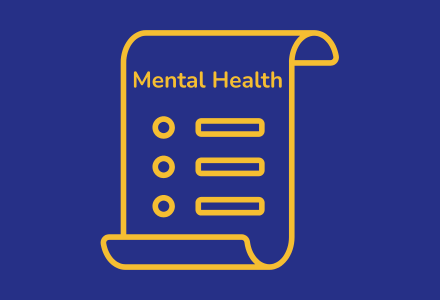
Mental Health Safety Plan
This plan has six short questions to help you stay safe during a mental health crisis. It includes considering why you want to stay safe, thoughts and actions, and people and places.
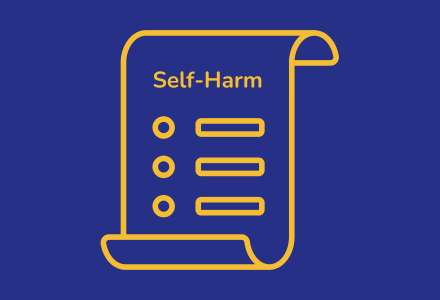
Self-Harm Safety Plan
This plan helps you to fight the urge to self-harm, including warning signs, harm reduction, coping methods and motivation for getting through it.
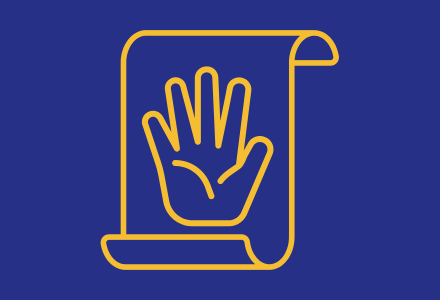
Helping Hand
Perfect for younger young people, this plan helps them to think about people or places they can go to when they feel they are in crisis or really struggling.
Breathing techniques
Breathing techniques might help you to tackle situations that are stressful or make you anxious. When we are stressed or anxious, our heart rate increases and our breathing gets shallower, making us feel more anxious and stressed, faint or sick.
By following a breathing technique, you are forcing your breathing to slow down, which will get more oxygen into your lungs and lower your heart rate, helping you to feel calmer.
Two techniques to try
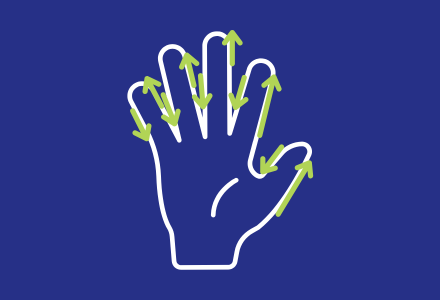
Five finger breathing
Slowly trace round each of the fingers on one hand with a finger from the other. Breathe in on the way up the finger and breathe out on the way down.
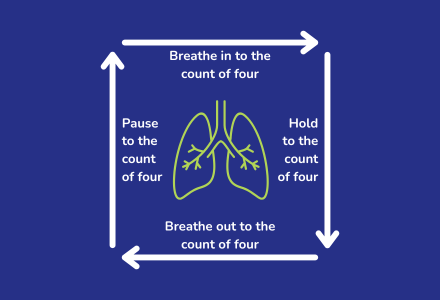
Square breathing
Start by breathing in and follow round until you start to feel relaxed.
How can I help someone experiencing a mental health crisis?
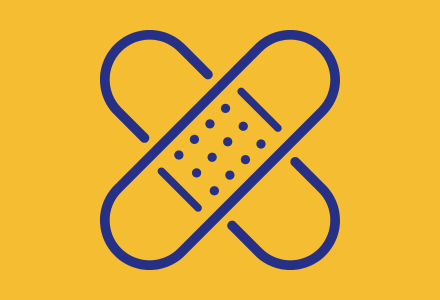
Check if they have any injuries
If they have seriously harmed themselves, you think they will, or you think they might try to end their life, call 999 and ask for an ambulance.
If you can, stay with them until further help arrives.
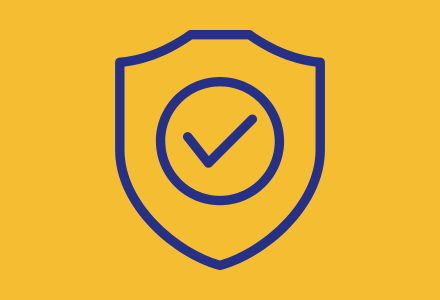
Get them to a safe place
Ask them if there is anywhere you can take them where they would feel safe. If you can’t get them there, try and take steps to make their current environment safe and comfortable, like removing anything they could use to harm themselves and making sure they have somewhere to sit down.
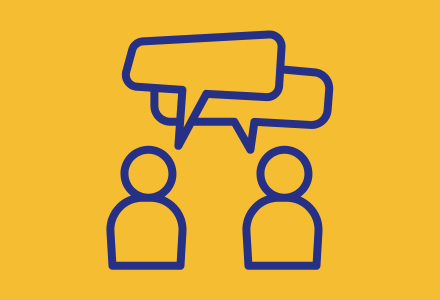
Listen and talk
Listen to how they’re feeling and what they’re saying. You don’t have to have all the answers for them, but being heard free of judgement can be empowering. Focus on being empathetic and understanding rather than trying to ‘fix’ them.
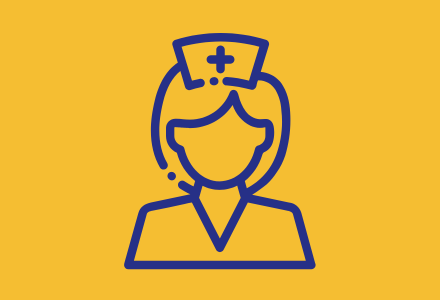
Support them to get professional help
Encourage or help them to get help from mental health professionals. This could be talking to No Limits or Papyrus, or making a CAMHS or talking therapies referral. You could also support them by going to a GP appointment with them.
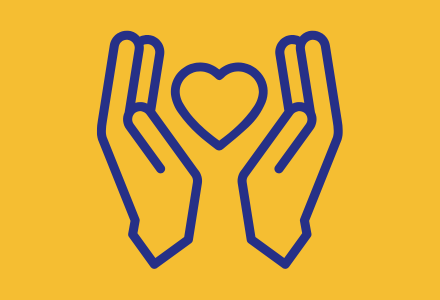
Look after yourself too
Be kind to yourself and make sure you have time to process things as well as relaxing. Supporting someone in crisis can be hard, so talk to someone you trust if you feel you’ve been affected by it.
Want to talk to No Limits?
Safe Havens
We run three out-of-hours Safe Havens for young people needing urgent mental health support in Southampton, the Isle of Wight (Space 4U), and North East Hampshire & Farnham.
Drop-in sessions are in person and you don’t have to get in touch before turning up. Here, you can talk with youth workers and other young people about how you’re feeling and join in with activities.
You can talk to a youth worker privately in a one-to-one. They are by appointment only and can be done in-person, online or over the phone.
More mental health support
We offer a broad range of mental health and wellbeing support, covering our whole area.
Support includes:
– Youth workers at our Advice Centre in Southampton
– Counselling
– One-to-one or group work with a youth wellbeing practitioner
– Mental health transition support for 16-25 year olds
– Social prescribing

